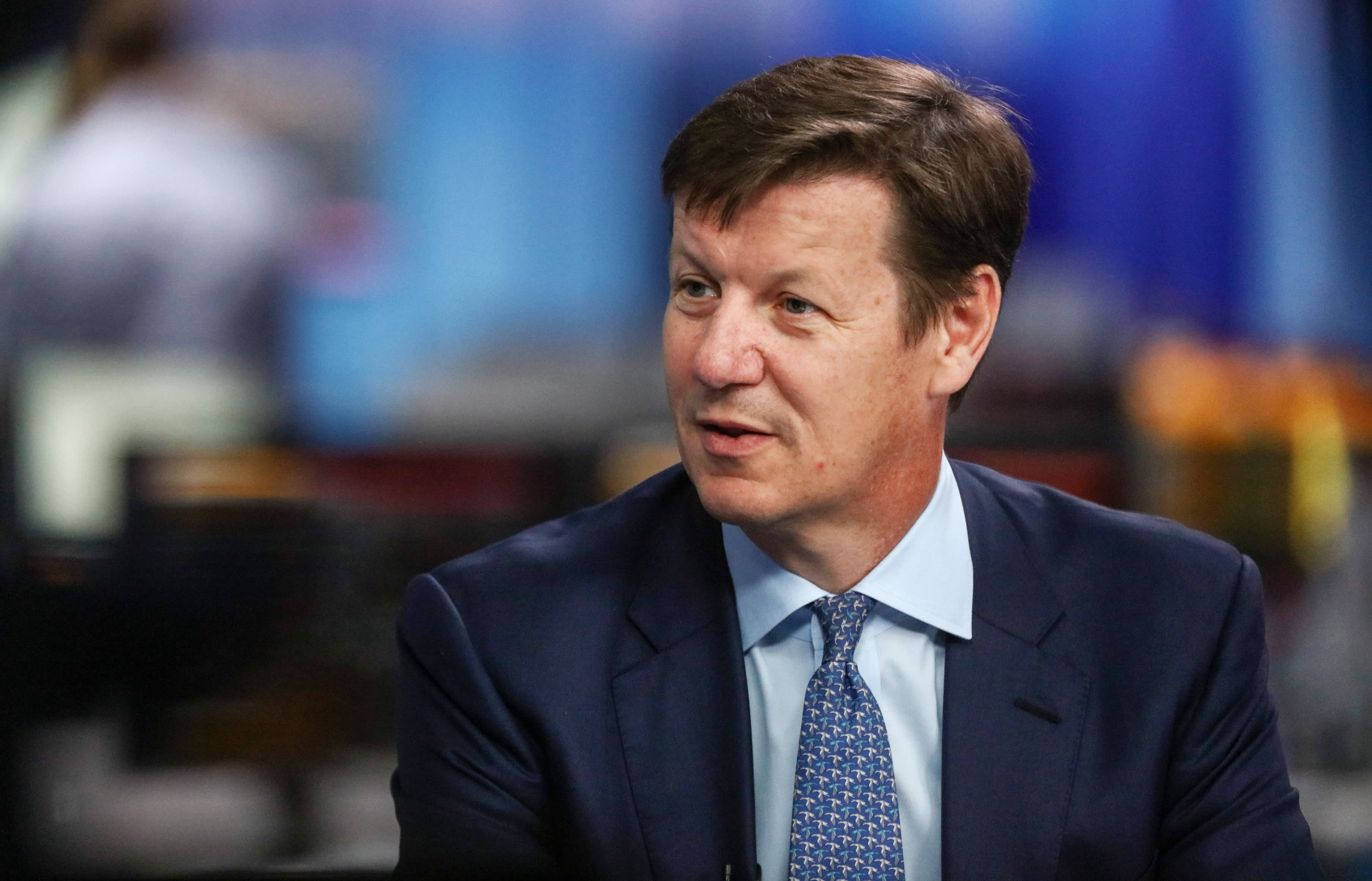
The rise to prominence of so-called “meme stocks” — those favored by retail traders on forums such as Reddit — is creating “false markets” that should be actively avoided, according to Man Group CEO Luke Ellis.
Meme stocks such as GameStop and AMC Entertainment took markets by storm in January and have continued to grab headlines, as Reddit traders piled into previously unfavorable companies for brief periods of time and sent their share prices skyrocketing, causing a squeeze on several hedge funds with short positions against the stock. Shorting a stock involves borrowing it and selling it on with a view to buying it back at a lower price, hence profiting from a depreciation in the share price.
A recent CNBC analysis found that the typical upward run for an individual stock, often as a result of being championed by 10.5 million-member Reddit thread “Wallstreetbets,” lasted around nine days before its first big drop.
Speaking at CNBC’s Evolve Global Summit on Wednesday, Ellis said Man Group, one of the world’s largest hedge funds, uses technological screening and natural language processing to identify the stocks being touted on sites such as Reddit and “avoid trading the names that they’re super excited about because they’re mostly creating false markets.”
Some of the surging share prices have translated into tangible results for the companies involved. Cinema chain AMC Entertainment recently saw its credit rating upgraded by S&P after using Reddit-fueled share offerings to raise capital and make a debt restructuring program less likely.
“I think it becomes really interesting when companies then take advantage of what are otherwise false share prices and issue stock, and I think we’re going to see a radical shift in the cinema industry because one of the cinema chains has been able to use the pumping of the stocks on ‘Wallstreetbets’ in order to go and raise capital,” Ellis said.
“That’s going to put them at a significant competitive advantage compared to other people in their industry.”
However, Ellis added that his FTSE 250-listed firm, which manages around $124 billion in assets, was interested in up to 10,000 stocks around the world and therefore found it “easy to avoid the ones where we think it’s a false market.”




